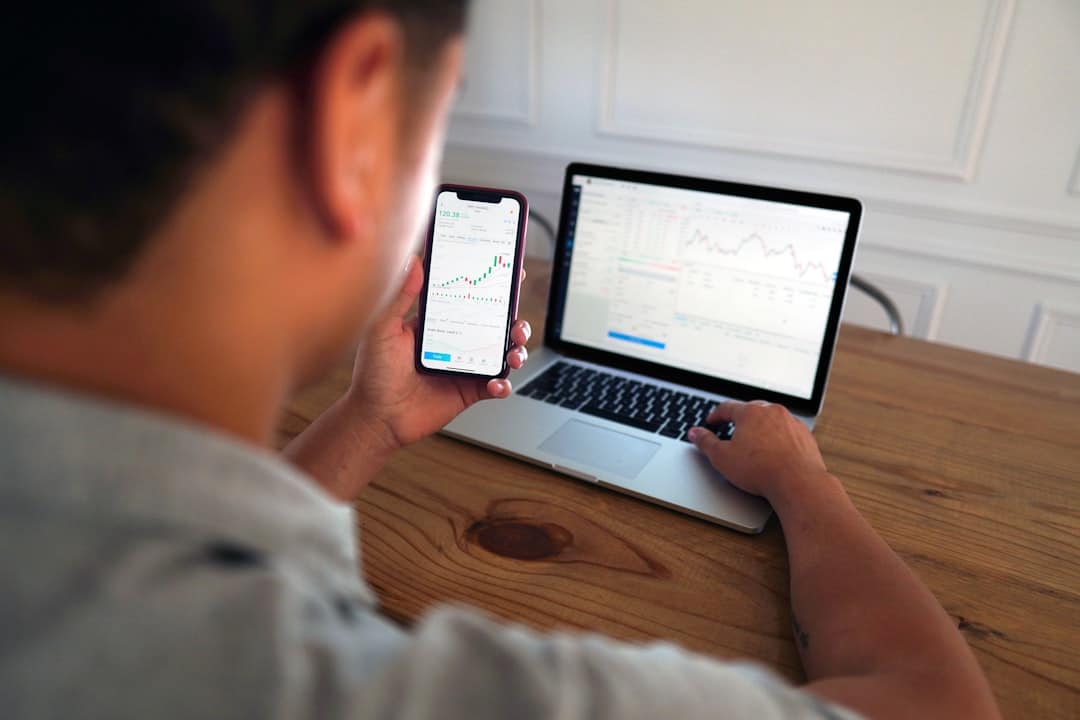In the vast landscape of financial markets, Forex trading stands out as one of the most dynamic and complex arenas. For both seasoned traders and newcomers, understanding the intricate workings of Forex is crucial for success. Among the various concepts that often confuse traders, spread, swap, and commission are significant pillars that impact trading outcomes. These elements play a pivotal role in determining the profitability of your trades, and unraveling their mysteries is essential for navigating the Forex market with confidence and precision.
Understanding the Forex Market

Before delving into the specifics of spread, swap, and commission, it’s essential to grasp the fundamental nature of the Forex market. Forex, short for foreign exchange, is a decentralized global marketplace where currencies are traded. Participants in this market include governments, financial institutions, corporations, and individual traders, all engaging in the buying and selling of currencies. The primary objective in Forex trading is to profit from the fluctuations in exchange rates between currency pairs.
The Forex market operates 24 hours a day, five days a week, allowing traders to capitalize on opportunities arising from different time zones and global events. Unlike traditional stock markets, Forex trading does not have a central exchange, leading to a decentralized structure that facilitates high liquidity and trading volume. Understanding the nuances of this market is crucial for making informed trading decisions that can lead to profitable outcomes.
Deciphering Spread: The Cost of Trading
What is Spread in Forex Trading?
In Forex trading, the spread refers to the difference between the bid (selling) price and the ask (buying) price of a currency pair. It represents the cost of executing a trade and is typically measured in pips, which are the smallest price movements in the Forex market. The spread is essentially the commission paid to the broker for facilitating the trade.
How Spread Impacts Trading
A tight spread is favorable for traders as it reduces the overall cost of trading. When the spread is narrow, traders can enter and exit positions with minimal impact on their profits. On the other hand, a wide spread can erode potential gains and make it more challenging to achieve profitability. Understanding the dynamics of spread is essential for optimizing trade execution and maximizing returns.
Decoding Swap: Overnight Interest Charges
What is Swap in Forex Trading?
Swap, also known as rollover or overnight interest, is the interest rate differential between the two currencies in a currency pair. When a position is held overnight, traders either receive or pay this interest, depending on the direction of their trade and the prevailing interest rates of the countries involved.
How Swap Affects Trades
Swap can have a significant impact on the profitability of trades, especially for positions held for an extended period. Traders need to consider swap rates when holding positions overnight, as these charges can either add to or detract from their overall returns. Being aware of swap rates is crucial for managing risk and optimizing trading strategies.
Unveiling Commission: Broker’s Fee for Services
What is Commission in Forex Trading?
Commission in Forex trading refers to the fee charged by brokers for executing trades on behalf of traders. While some brokers offer commission-free trading with wider spreads, others opt for low spreads and charge a commission on each trade. Understanding the commission structure of your broker is essential for evaluating the overall cost of trading.
Impact of Commission on Trading
The commission structure can significantly impact the profitability of trades, particularly for high-frequency traders or those executing large volumes. By factoring in the commission costs, traders can accurately assess the expenses associated with their trading activities and make informed decisions to optimize their returns. Choosing a broker with a transparent commission structure is crucial for minimizing costs and maximizing profitability.
Navigating Forex Trading: Strategies and Best Practices
Risk Management in Forex Trading
Effective risk management is paramount in Forex trading to protect capital and preserve trading accounts. Strategies such as setting stop-loss orders, diversifying positions, and using proper position sizing can help mitigate risks and enhance long-term sustainability.
Technical and Fundamental Analysis
Utilizing both technical and fundamental analysis can provide valuable insights into market trends and potential trading opportunities. Technical analysis focuses on price movements and chart patterns, while fundamental analysis delves into economic indicators and geopolitical events that can impact currency values.
Emotional Discipline and Trading Psychology
Maintaining emotional discipline and a sound trading psychology is essential for navigating the ups and downs of the Forex market. Emotions such as fear and greed can cloud judgment and lead to impulsive decisions. Developing a disciplined mindset and sticking to a trading plan are key aspects of successful trading.
Conclusion

In the dynamic world of Forex trading, understanding the intricacies of spread, swap, and commission is essential for achieving success in the markets. By unraveling the mysteries behind these fundamental concepts, traders can make informed decisions, optimize their trading strategies, and navigate the complexities of the Forex market with confidence. Armed with this knowledge, traders can embark on their trading journey with a deeper understanding of the factors that shape their trading outcomes.
FAQs (Frequently Asked Questions)
1. How do I choose a reputable Forex broker?
Selecting a reputable Forex broker involves conducting thorough research, checking regulatory compliance, assessing trading conditions such as spreads and commissions, and reading reviews from other traders. Transparency, reliability, and good customer service are key factors to consider.
2. What are some common trading mistakes to avoid in Forex?
Common trading mistakes in Forex include overleveraging, lack of risk management, emotional trading, chasing losses, and neglecting to use stop-loss orders. Avoiding these pitfalls and adhering to sound trading practices can enhance your trading performance.
3. How can I stay updated on market trends and news in Forex trading?
To stay informed about market trends and news in Forex trading, utilize reputable financial news sources, follow economic calendars, join trading communities, and subscribe to newsletters from reputable analysts. Keeping abreast of market developments is crucial for making informed trading decisions.
4. What role does leverage play in Forex trading?
Leverage in Forex trading allows traders to control larger positions with a smaller amount of capital. While leverage can amplify profits, it also increases the risk of significant losses. Understanding leverage and using it judiciously is vital for managing risk in Forex trading.
5. How can I develop a successful trading strategy in Forex?
Developing a successful trading strategy in Forex involves defining clear objectives, conducting thorough market analysis, testing your strategy on demo accounts, adapting to changing market conditions, and continuously evaluating and refining your approach. A well-defined trading plan tailored to your risk tolerance and trading style is essential for long-term success in Forex trading.






